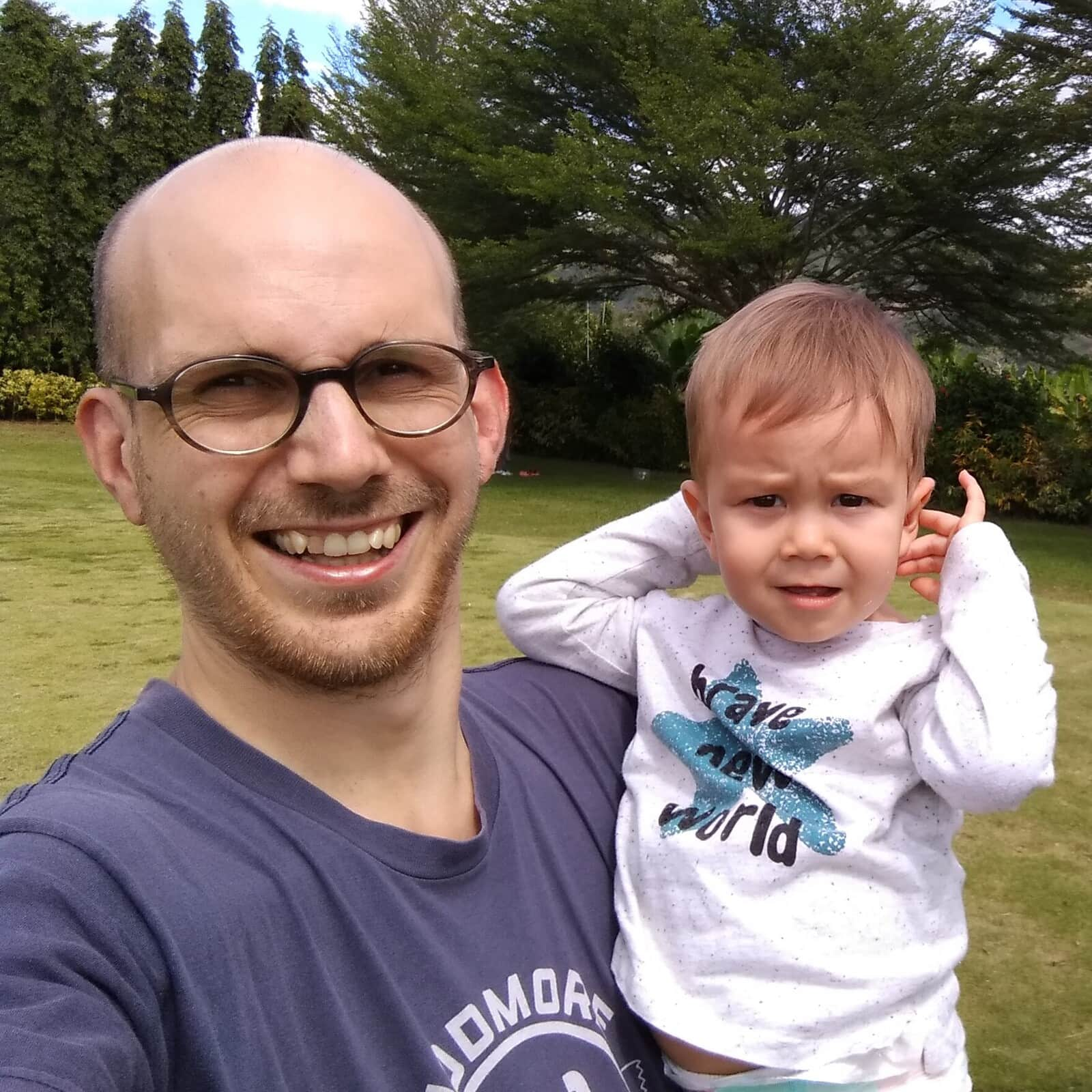What is Fractal Farming?
Fractals are kind of hard to describe. They are self-similar, self-repeating shapes, generating infinite - and often fascinating - visual patterns. Fractals somehow emerge all around us: in snowflakes, trees, mountains, shorelines, stock markets, blood vessels, pineapples and even in our DNA. Fractals can help us understand complex and chaotic systems, and perhaps even guide us while working on our own systems.
Beautiful, damn hard, increasingly useful. That's fractals.
Farming too is hard to define. It's about much more than just growing food. It's about the way we live. Modern industrial agriculture has more to do with mining than it does with farming, consuming top soil and poisoning the ecosystem. Ancient ways of farming were more horticultural and recognized our human selves as part of the natural world. Take care of nature, and nature will take care you. It was a reciprocal relationship. So instead of looking at farming as a way to "tame" the natural world in order to serve our own needs, maybe we can take a step back and ask ourselves first: but what does Nature need?
The ultimate goal of farming is not the growing of crops, but the cultivation and perfection of human beings.

My intention with Fractal Farming is to approach the world from an ecological perspective, in order to deal with the many problems we find ourselves in. How can we help to create, restore and maintain healthy (eco)systems, from which beneficial patterns can emerge and self-replicate?
Whether these systems are digital, natural, social... If we can figure out what kind of parameters a system needs in order to provide desirable outcomes, then perhaps we can use that knowledge to work our way through certain systemic issues. This is counter to the way modern problem solving often works: very visual, linear, top-down and human-centered. It focuses on the part of the problem that is directly observable, without really looking at the context from which the problem emerged. As a result, we end up fixing the symptoms instead (modern medicine), shifting the burden somewhere else (carbon trading) or merely rearranging the deck chairs on the Titanic (modern politics).
Tweaking or changing the parameters of a system means we have to get comfortable doing things without exactly knowing where they'll take us. Without guarantees, or a specific outcome in mind. That's not to say we should just be guesstimating or hoping for the best... Our foundations are the natural laws by which we are all governed. We should carefully observe the natural world and (re)learn to trust its physical potential and boundaries. Because that's the only reality we live in.
This involves an enormous shift in mindset. Many things in our modern world don't make any sense from an ecological perspective (waste, growth, GDP) because they're constantly valued from an economic perspective. We invented this economic framework all by ourselves, and for ourselves, and thus have become Homo Economicus, Ruler of Worlds. But the rules of this world are deeply flawed. They are based on the assumption that Earth's resources can be extracted without any costs, other than the cost of extraction itself. But that's not what biophysical reality looks like. There is obviously no infinite growth on a finite planet, and you can't consume entire ecosystems without severe repercussions to all life that depends on them. And yes, that includes us.
The world we created for ourselves is an assault on nature, an almost complete destruction of our culture and widespread denial of the divine.
Fractal farming is very much informed and inspired by concepts like permaculture, systems thinking and ecology. Basically different ways of exploring the same thing: working together with nature. We face a complex and uncertain future. Things are starting to look a little gloomy already. Time to let go of modernity's fairytales and embrace reality.